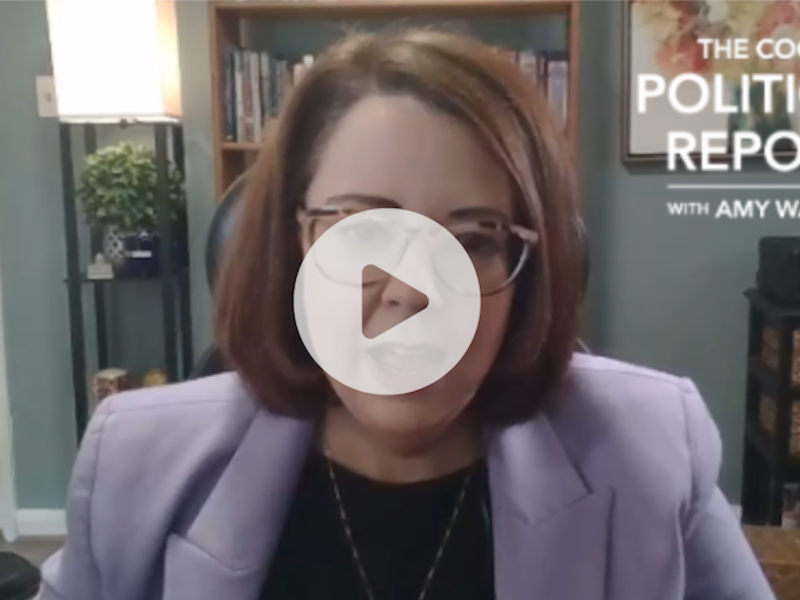
If you are surprised at what President Donald Trump is doing or how he is behaving or what he is prioritizing, you shouldn’t be. This is what he was doing, what he was saying, and how he was acting throughout the 2016 campaign. On some topics, he has been espousing the same rhetoric for years and years.
No one who paid even the smallest bit of attention during the campaign should be shocked that he is threatening a trade war with some of our closest allies. The foundation of the “Make America Great, Again” economic theory is that the United States has been getting ripped off for years by our friends as well as our enemies.
Is anyone really surprised that Trump is not interested in following the priorities of GOP party leaders in Congress? Shouldn’t we have expected that the “I alone can fix it” candidate would not feel constrained by the other co-equal branches of government?
That he is in a fight with Justin Trudeau? As a candidate, Trump harshly criticized German Chancellor Angela Merkel over her handling of the migrant crisis. He supported Brexit (which then Prime Minister David Cameron opposed), predicted the ultimate break-up of the EU, and complained about the money the U.S. spends to “defend” other countries.
That his Justice Department is separating children from their parents who are crossing the border illegally should not be all that surprising either. As a candidate, Trump told NBC’s Chuck Todd that he would order the U.S. government to deport all immigrants who are in the country illegally.
In other words, President Trump is not all that much different than candidate Trump. This is why his base of support has remained solid, and why those who never liked him in the first place are as turned off by him as ever.
A Fox News poll, taken June 3-6, asked respondents to give one specific reason for why they either approved or disapproved of the President. Among the 45 percent of voters who said they approved of the job Trump was doing, the number one reason, volunteered by 24 percent of respondents, was “helping the economy/creating jobs.” But, a combined 53 percent focused more on his style than substance, like “keeping promises,” “getting things done,” “doing what he said,” “putting America first,” and “shaking things up.” Just 6 percent said “taxes”, while 4 percent said “foreign affairs/peace with North Korea.”
Those who disapproved of the president were equally focused on his personality over specific policies. A combined 33 percent thought he didn’t have “the temperament to be president,” or was “divisive/racist.” Twenty-two percent said he was “not capable” or “doesn’t know what he’s doing.” Meanwhile, just 4 percent cited immigration or separating families, and 3 percent volunteered trade/tariffs.
In other words, Trump is everything today as president that voters had hoped or feared he would be when he was a candidate.
This helps explains why Trump’s job approval ratings in the most recent polls from Fox (45 percent) and NBC/Wall Street Journal (44 percent) are close to where he was on Election Day 2016 when he took 46 percent of the vote.
The other similarity between this election and the one in 2016 is that where the spotlight is focused this fall will determine if the election breaks for Democrats or for Republicans. As I wrote back then, when the spotlight was trained on Clinton’s weaknesses (emails, “deplorables,” the Wikileaks trove), her numbers went down and Trump’s went up. When Trump and his temperament were in the spotlight, he went down and she went up.
In 2018, Democrats would like the spotlight to be trained on health care and tax reform. Specifically, they want to be talking about the rising cost of health care and a GOP crafted tax law that they argue is tilted toward the wealthy and big corporations over struggling middle class families. In fact, some of the lowest approval ratings for the president — and some of the largest advantages Democrats have had on the congressional ballot — came during the debates and votes on health care legislation and the tax bill.
Republicans certainly would like to see the president be more disciplined. But, the constant swirl and clamor also make it hard for even bad stories to stick around before they are swept off the front pages by something else. The consistently good economic news helps as well.
But, let's be honest, we have no idea where that spotlight will be shining by November. Will it be on a recently released Mueller report? Health care premium hikes? The success/failure of North Korean denuclearization?
One thing we do know, however, is that Trump will never be out of the spotlight. And, as such, opposition to or support for him is what will ultimately determine the outcome of 2018.










Subscribe Today
Our subscribers have first access to individual race pages for each House, Senate and Governors race, which will include race ratings (each race is rated on a seven-point scale) and a narrative analysis pertaining to that race.